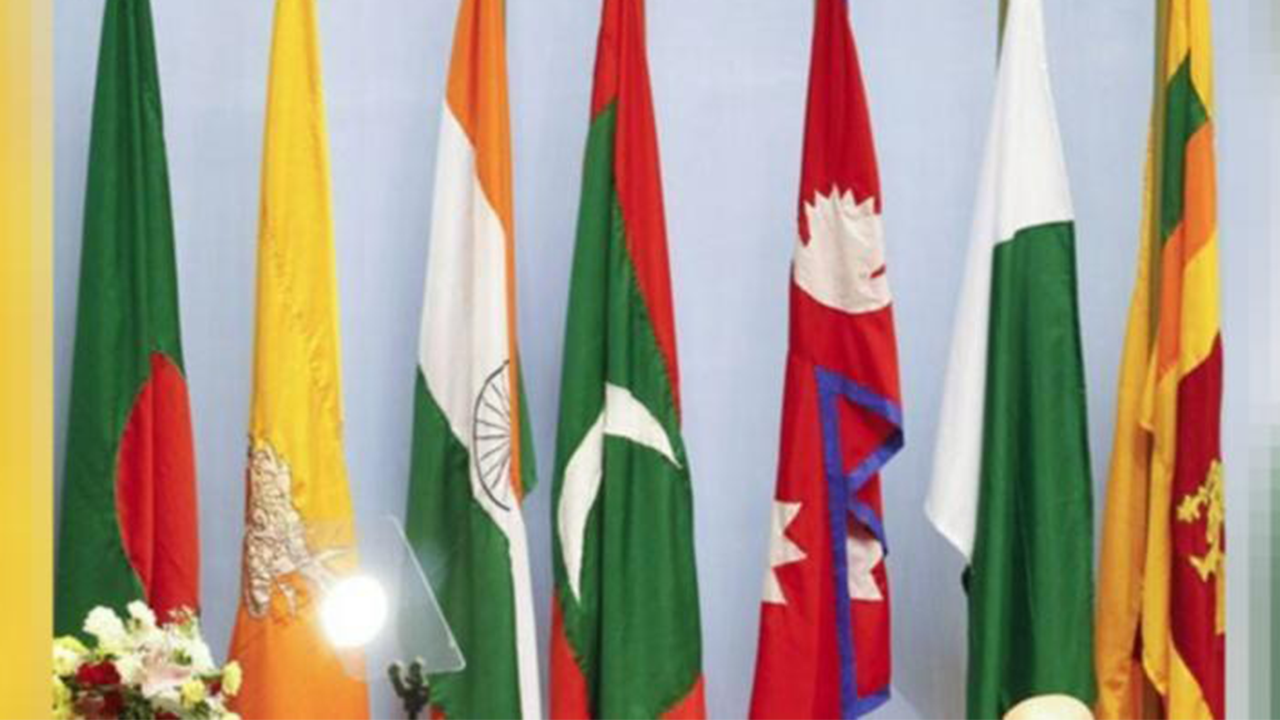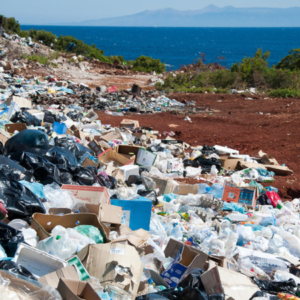Enduring peace and shared resilience are a collective desire of the people living in South Asia. But South Asia continues to face cascading risks and challenges at multiple fronts which calls for an inclusive policy that puts health and climate action at the center of progress.
Health systems vulnerability & preparedness to practice medicine with limited resources
The vulnerability of hospitals and smaller centers to climate induced extreme weather events plays spoiler for service delivery, hampers emergency processes and hijacks development planning. The public health infrastructure among South Asian Nations is overwhelmed, underfunded, under-resourced to manage existing burden of diseases. This challenge reaches climax due to climate change associated health risks which affect healthy civilians and also patients suffering from various disease burden.
The existing disaster management processes have very little around climate change and have not been updated or amended which urgently needs revamp and this cannot just remain at national levels, but must be revamped at sub-national and sub-district levels too with sincere engagement of civil society actors, academicians and policy makers.
Health systems must be equipped with internal emergency teams who are competent and capable of community-based service. Emergency situations on the ground are completely different from existing situations within hospitals and medical practitioners have limited or absolutely no clue on ground management.
Diabetes, cardiovascular disease, and chronic kidney disease in South Asia
As per public health evidence produced in the recent past, South Asians are more prone to cardiovascular diseases, kidney diseases and diabetes and possibly have worse outcomes than other ethnicities. Political instability, hatred driven politics, intermittent conflicts, absence of social health norms and social protection mechanisms, lack of affordable healthcare and wealth inequalities & cultural disparities reasonably contribute to enhanced levels of stress associated behaviour not to forget the increased temperatures that make living conditions miserable.
When a region is affected due to natural disaster emerging from extreme weather events, the supply chain system gets paralyzed which affects the supply of regular medicines needed for the diseases, when hospitals are affected and electricity line cut off, patients needed dialysis, surgery are stranded with nowhere to go. And if dialysis is not carried out in a timely manner as per schedule, chronic kidney toxicity increases putting the patients at grave life-threatening risks. To anticipate and mitigate this situations, South Asian nations need new policies to protect at-risk patients and at-risk communities from impending disasters.
Mental health, urbanization, proliferating economies & survival
Rapid industrialization has led to increased migration of civilians to cities snowballing into low-income housing, slum expansion, employment insecurity, exposure to increased levels of pollution, traffic congestion, water bodies flooding, overcrowding and deteriorating food hygiene levels. This has a direct bearing on mental health of families and children growing up to see these challenges. Neither does South Asian nations have policies to plug the gaps, nor the will to do it urgently, barring Bhutan.
With the economy proliferating due to pandemic and changing world orders, the onus to survive is put on individual citizens in the absence of protective policies that work for all.
Misleading nationalism, jumbled diplomacy and abstract ideals
Instead of nations looking externally to promote friendship among all, nationalism instead of patriotism has thrived which have sowed seeds of confusion, led to a lack of intellectual ability to differentiate, promoted an admixture of religion & politics to build abstract ideals, fostered a maddening nuclear race that does not seem to end which has added significant blockade into the health and climate mandate that needs a better and more meaningful partnership for shared progress and importantly shared survival.
Diplomacy has forgotten to see the dangers of excluding international health but has learnt from a rich pandemic experience. However, diplomatic priorities often are influenced by political preferences rather than humanitarian good and very few really have the mountain moving power to tweak things in favor of science and modern day needs. Interpreting diplomacy henceforth in favor of public health will define the future of South Asian nations. They will need health attaches to build protective narratives to strengthen regional co-operation and extended civilian interest bordering on national security needs.
Nutrition: public problem, family consequences and national concern
Extreme weather events are leading to crop loss which is straining agricultural outcomes. This in turn leads to food insecurity and escalating food prices which puts people under severe stress for even two square meals at times. The problem of anemia and undernutrition affects over fifty percent of adolescent girls in South Asia. In parallel obesity and overweight among adolescent girls is rising to about 24% in South Asian countries. Large scale nutrition programs which are gender inclusive and family centered in terms of behaviour change, resilience building, covereage, equity remains to be monitored and scaled up to decrease the burden of the kind of consequences this can have for policy making in the country.
Building global health in all policies to respond to South Asia’s challenge Revamping public health expenditure and investment, creating urban health policies, newer means of social protection, investment in social, commercial and economic determinants of health that puts people first, reducing taxes on essential commodities and preparing health workers to understand climate change implications on human health is critical to responding to needs of our rapidly changing earth that is presently boiling. Perhaps all South Asian Countries now need a dedicated Ministry of Public Health & Social Policy at the national level. Will South Asia rise to safeguard her own?
Dr. Edmond Fernandes is the CEO, CHD Group, India Country Office & Honorary Director - Edward & Cynthia Institute of Public Health
-
Dr Edmond Fernandeshttps://eciph.in/author/dr-edmond-fernandes/
-
Dr Edmond Fernandeshttps://eciph.in/author/dr-edmond-fernandes/
-
Dr Edmond Fernandeshttps://eciph.in/author/dr-edmond-fernandes/
-
Dr Edmond Fernandeshttps://eciph.in/author/dr-edmond-fernandes/





